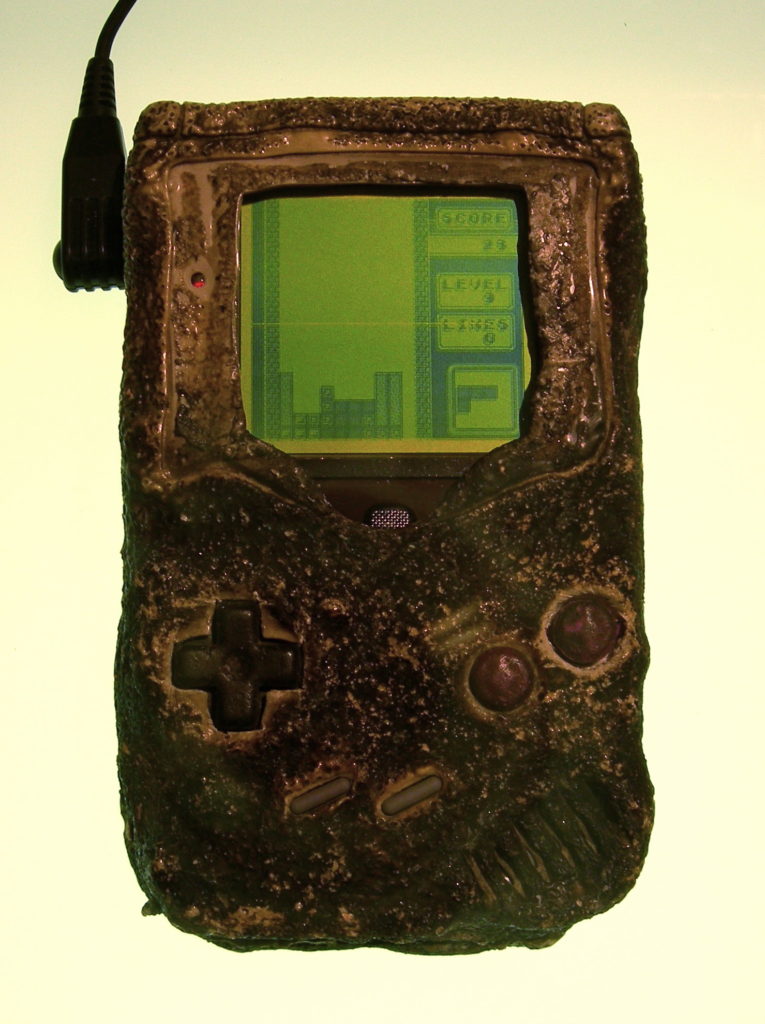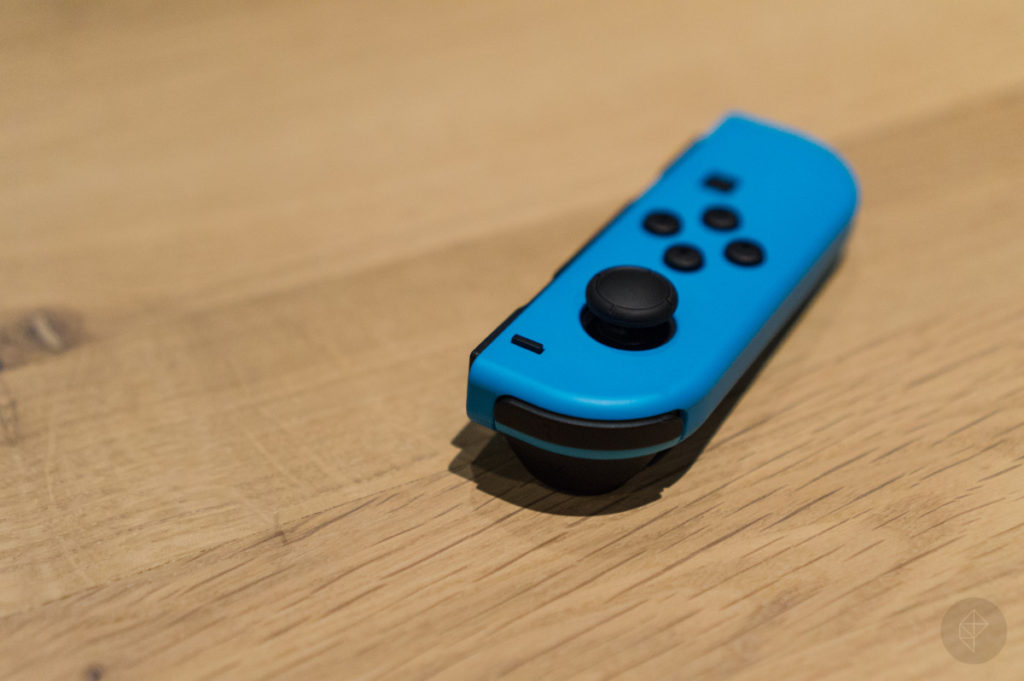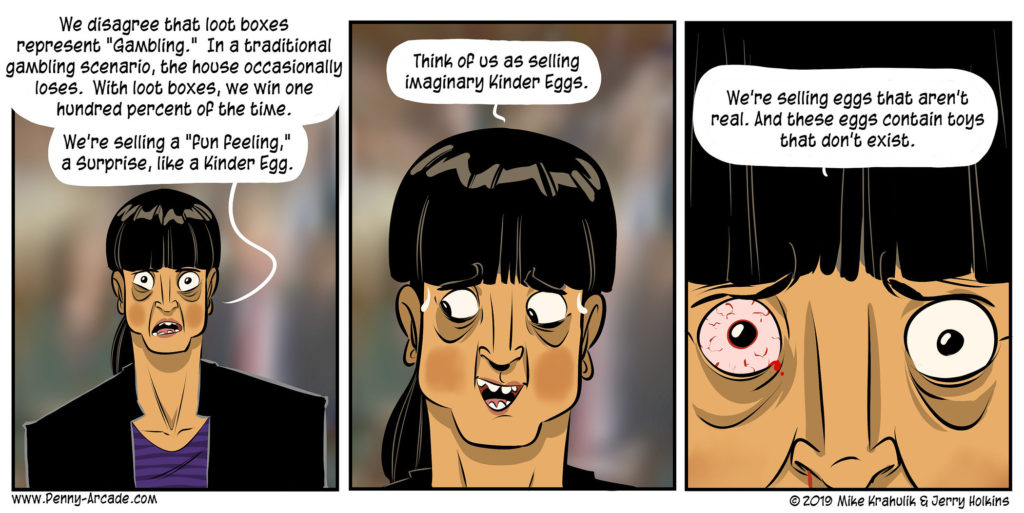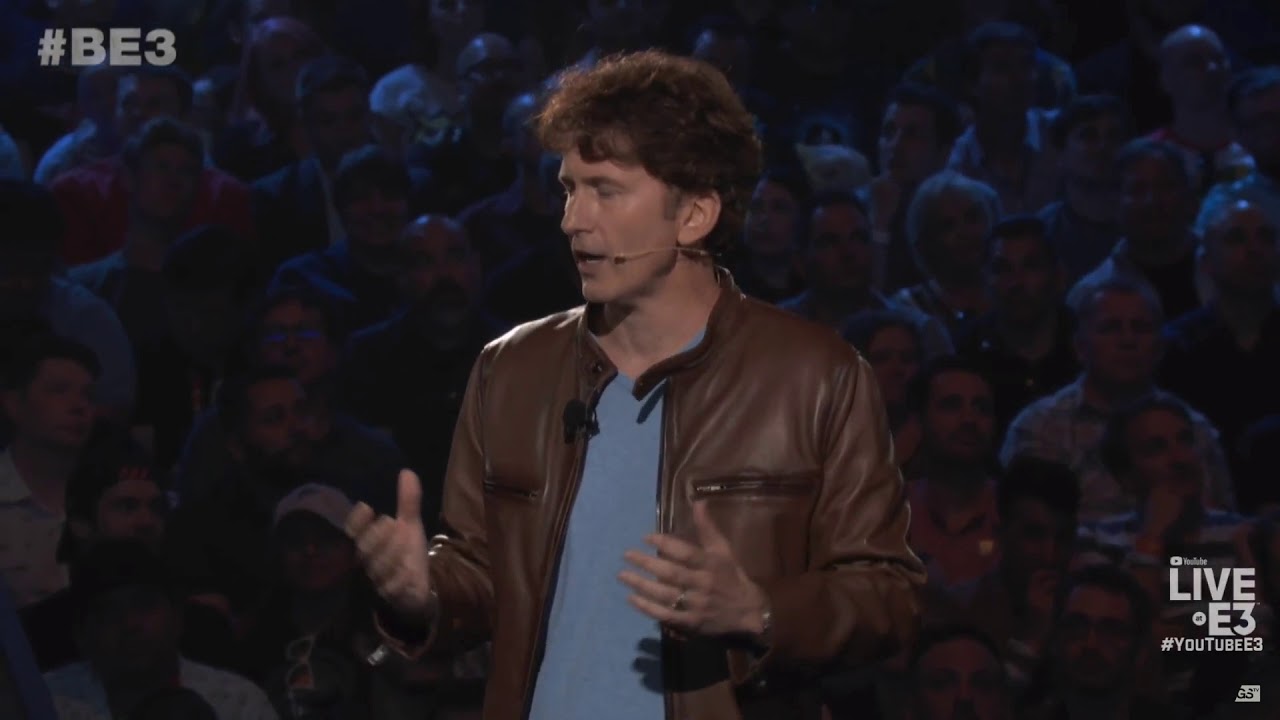It’s not robbery, it’s surprise sharing!
The gaming industry has been…very interesting as of late—and that’s putting it mildly. While there have been a few nuggets of positivity like the newly announced Half-Life game and, well, basically everything CD Projekt Red is doing, the industry seems to be going towards a dark place. Now, while it has always been understood that gaming companies are businesses and need to turn a profit, there was also always a semblance of balance between a company’s respect for their consumers and their stock prices. Such respect is now becoming an increasingly rare commodity.

While in the past companies such as Nintendo would produce quality products (admittedly for high prices) that would prove greater than the test of time, they now seem complacent and content to settle for “good enough.” When their Switch Joy-Con controller pieces began to show signs of faulty engineering and mass complaints began to roll in, Nintendo did nothing, only to offer free repairs as opposed to fixing the hardware issue itself when the problems grew so large that a lawsuit was threatened. This, to paraphrase one YouTuber who commented on the situation, is akin to a restaurant giving people salmonella and offering free health-care to its victims while still selling the food that gave salmonella to begin with. To make matters worse, Nintendo is already considered one of the more consumer friendly companies out there.

To find one of the worst offenders of the bunch, one need only to turn to Electronic Arts (EA) and its recent controversies. Though their new game, Jedi Fallen Order seems to have released with little in the way of backlash, that hardly makes up for EA’s transgressions. After their “sense of pride and accomplishment” fiasco on Reddit resulted in the most downvoted comment in Reddit history, most other companies would probably dial back their stance on crippling micro-transactions but nope, not good ol’ EA. Not only did they continue their Fifa line of games whose entire core gameplay loop relies intrinsically on in-game purchases, the company even went on record in court, “disagreeing” with the evidence that their loot box based micro-transactions created similar reactions in people as gambling did. Furthermore, when questioned on the morality of selling these loot boxes to under-aged children, EA’s representative defended the company by disputing the term, “loot box,” instead dubbing them, “surprise mechanics” acting as if that useless change made everything right. While there might be a small argument to be made that micro-transactions could be considered acceptable in free games, they certainly aren’t when the customer already had to pay for the slot machine to begin with.

While EA games have always been considered incomplete and unpolished upon release, even their most egregious launches pale in comparison to Bethesda’s Fallout 76. Once a company held in extremely high regard after their classics Skyrim, Fallout: New Vegas, and to a lesser extent, Fallout 3, Bethesda seemed determined to throw it all away. The first significant signs of their fall from grace came from the release of their long anticipated Fallout 4. Not only was the game was developed on a decade old, long outdated engine, it also came out poorly optimized for PC, indicating a low level of effort, and perhaps worst of all, lacked the creativity and player choice that was so indicative of the previous Fallout entries. Their next entry in the franchise, Fallout 76 took the insult to another level entirely. To promote the game, grand sweeping promises were made of, “16 times the detail,” “4 times the map size,” and no gameplay changing micro-transactions. In reality, the game was practically unplayable on launch (and arguably still is months later), most of the pre-game promises had been broken, oh yeah and gameplay-changing purchases soon followed.
Despite all that, EA’s stock remains high, Bethesda continues to turn a profit, and other similar companies follow suit. Many more anti-consumer transgressions have happened, are happening, and could be highlighted—but what would be the point? The industry seems to reward those that put little consideration for their player base and, as a result, many more will likely occur in the future as well. Yes, there are those that don’t partake in it but they make up a very small percentage of the gaming industry and the greedy still earn more. While others might call for a mass boycott or some other idealistic crusade against the system, it would take a massive force of unprecedented collaborative effort; one highly unlikely to occur.
So is all lost? Not exactly. While the snide jabs online and occasional upheaval may not seem to do much on the surface, they actually serve a very important purpose: they raise attention. While the people who buy and pay for the games may be somewhat powerless, the more attention these crass systems put into place receive, the more likely they are to be noticed by the people, committees, and organizations that do hold the power to change them. After all, it was a lawsuit that forced Nintendo to do something about the Joy-Con situation. In fact, as recently as June of 2019, the UK Parliament itself held a series of hearings intended to put companies like EA in their place. So keep lighting a fire under them; it might just be the way to knock these companies down a few pegs.
Featured Image—Professional scumbag and head of Bethesda, Todd Howard passionately lies to his audience during E3 2018Courtesy of E3
by Alexander Chu

